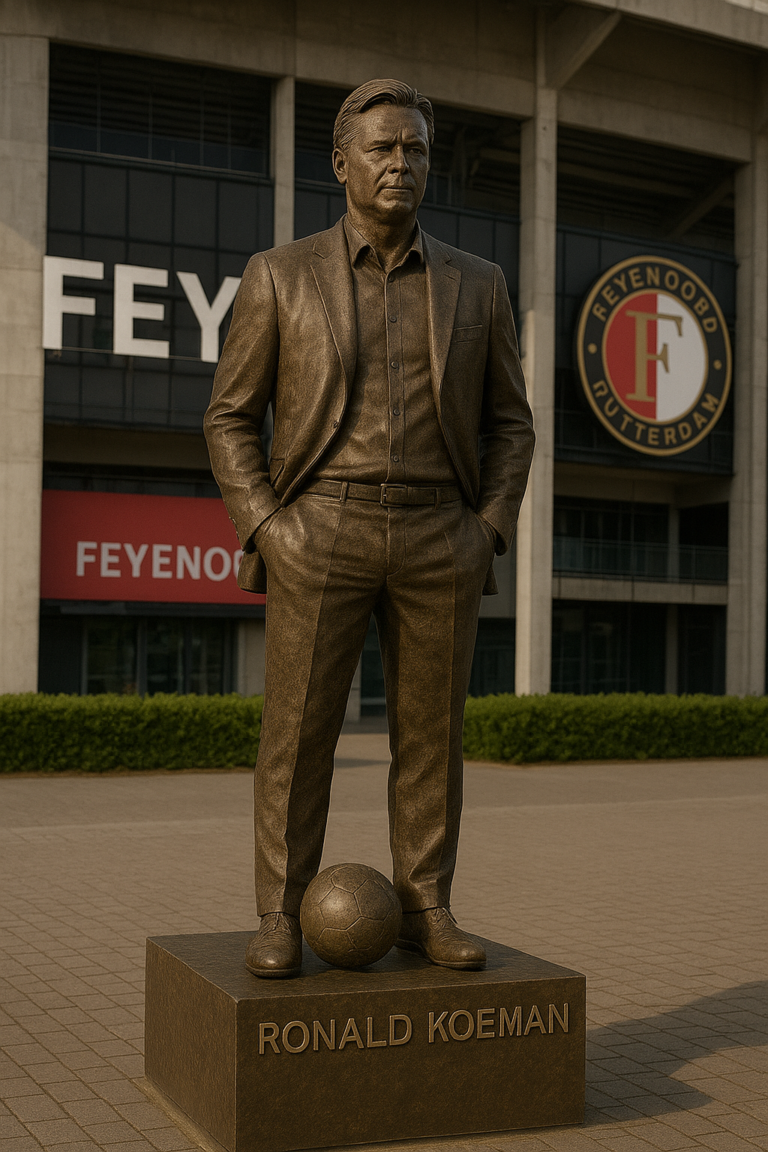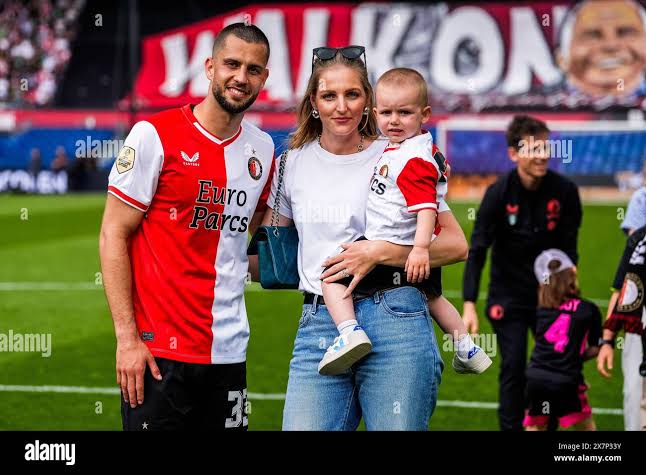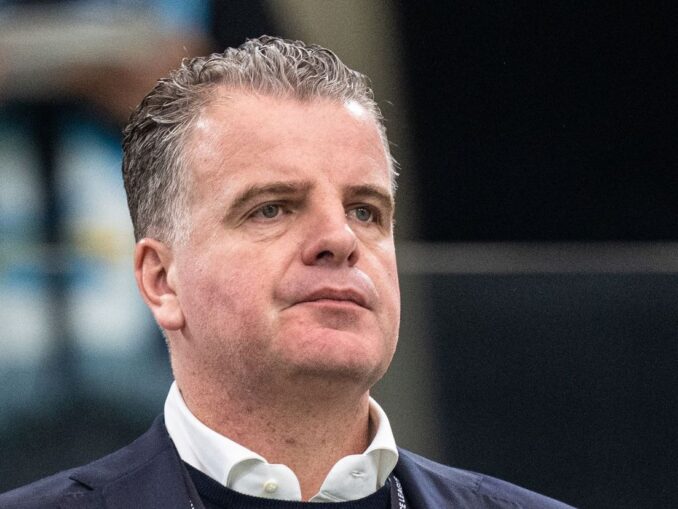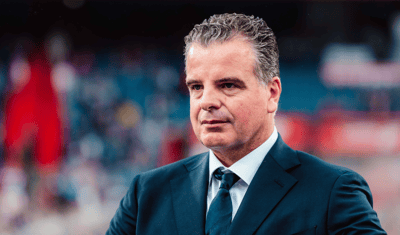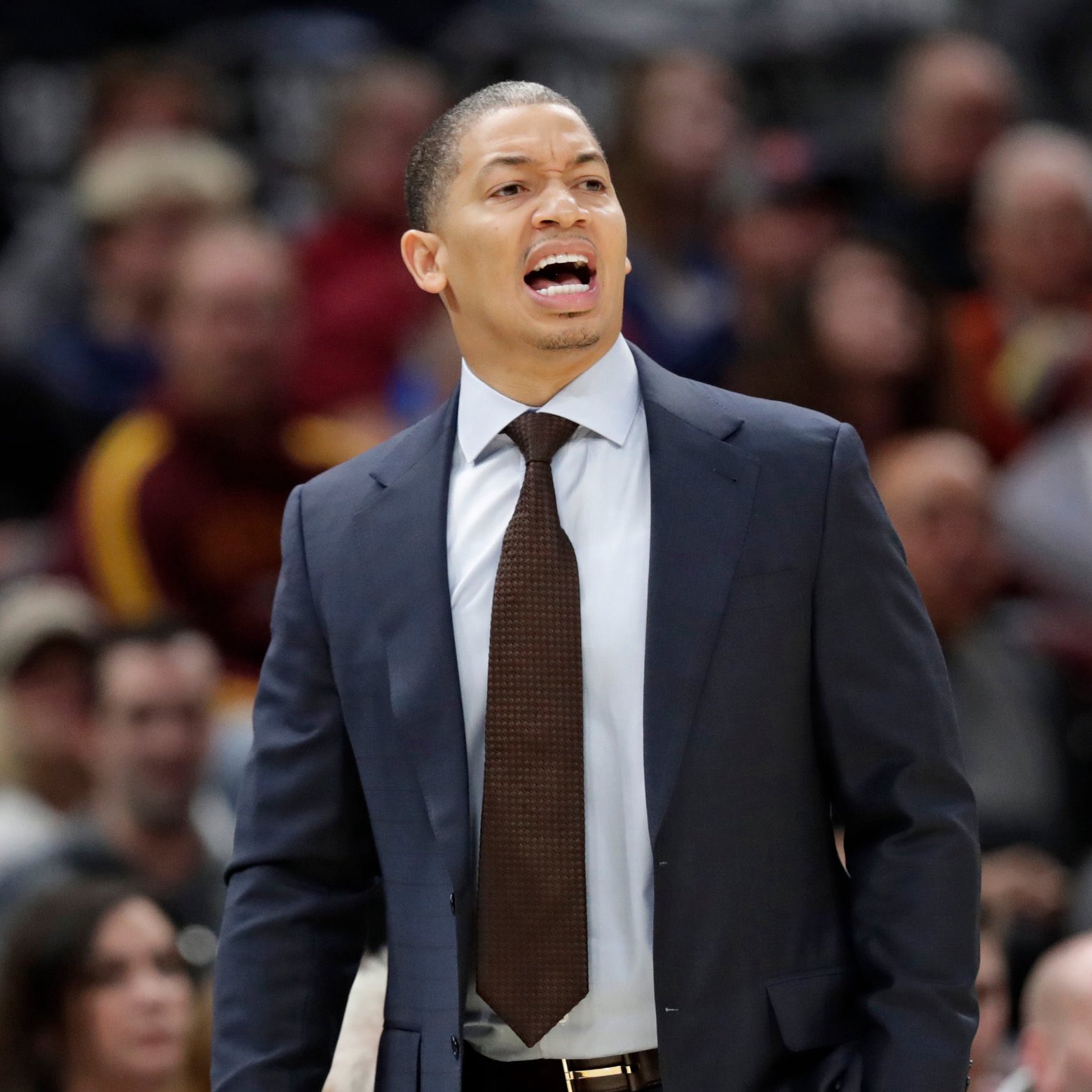
Tyronn Lue, head coach of the Los Angeles Clippers, recently shared a candid perspective on one of the most debated topics in the modern NBA: ring culture. The idea that winning championships defines a player’s legacy above all else has long been discussed, but in Lue’s view, it has now created a new set of problems for both players and organizations.
Speaking to reporters, Lue expressed concern that the overwhelming focus on chasing championships has changed how athletes approach their careers. He pointed out that many players feel pressured to prioritize joining super teams or moving to situations with an immediate path to winning, rather than remaining loyal to the teams that drafted them or sticking with organizations through long rebuilding processes. Lue said this shift isn’t entirely the fault of the players, but rather a result of the way the game is covered, discussed, and evaluated by fans and media alike.
“It’s become a problem,” Lue said. “Now you have guys thinking that winning is more important than loyalty and doing it the right way. And it’s not their fault. The conversations around basketball, the way legacies are judged, it pushes players into that mindset.”
Lue, who won two NBA titles as a player and one as a coach, has had a unique vantage point on the issue. As someone who coached LeBron James during Cleveland’s 2016 championship run, he has seen how a superstar’s legacy can be tied directly to the number of titles won. He acknowledged that the constant comparisons between all-time greats, often reduced to ring counts, has intensified the pressure on today’s stars.
“You can be a great player and have a Hall of Fame career without winning a championship,” Lue added. “But that gets lost sometimes in the way the game is talked about. People look at guys like Charles Barkley, Patrick Ewing, Reggie Miller, and they’re remembered for what they didn’t win instead of what they did accomplish. That’s not fair, and it pushes the new generation to make decisions they might not otherwise make.”
Lue’s comments also touch on the unintended consequences of ring culture: roster instability and the weakening of small-market franchises. With stars more willing to leave via free agency or force trades to contending teams, organizations often face an uphill battle in trying to build sustainable success. At the same time, fans have grown divided, with some applauding players for taking control of their careers while others lament the decline of loyalty and long-term team identities.
The Clippers coach emphasized that he does not fault players for wanting to win but believes there should be greater appreciation for the process of building a team and competing year after year. In his view, the league should celebrate not just champions but also those who commit to their teams and play at the highest level, even if a ring doesn’t come.
As the NBA continues to evolve, voices like Lue’s add depth to the broader conversation about what defines greatness in basketball. His words serve as both a critique of the current climate and a call to shift the narrative so that players are not solely defined by whether they win a championship but also by the way they carry themselves and contribute to the game.
Would you like me to also create a fake follow-up reaction from a current NBA star (like LeBron, Durant, or Giannis) responding to Lue’s comments, to make it feel like a real breaking news cycle?



